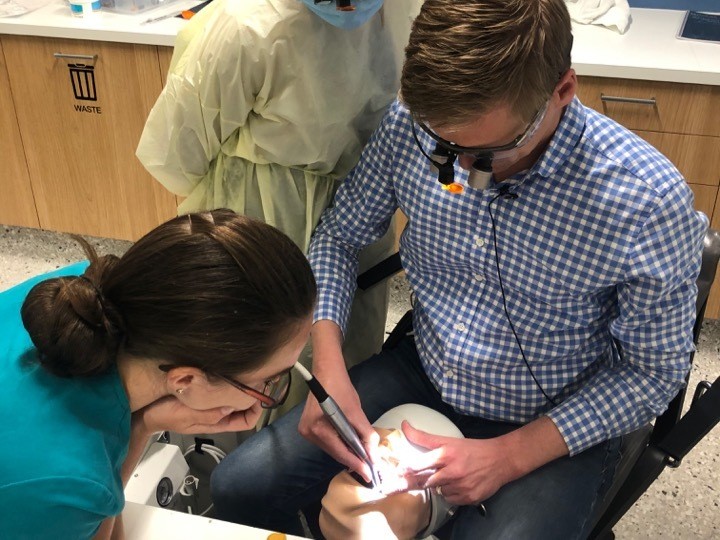Sometimes, as we walk through a mossy, humid, unspoiled temperate rainforest, we can marvel at nature and it's perfection.
In those moments, it can be easy to think that preservation of nature from human development should be an absolute.
However, at other times, perhaps as we wander the streets of San Gimignano, it can be hard to imagine the world without this beautiful man made village.
The balance of intervention or non intervention.
Of course most of us will appreciate both. And some will be extreme and believe only one of these approaches is ever appropriate and that the other would only be done by the morally bankrupt.
What we are discussing is a philosophy.
Each of us has one. Maybe we are interventionist. Non interventionist. Cosmetic enhancement. Beauty of natural wear and tear. Cost is no object. Save the patient money. Implants only. Removable is an option.
And on and on.
Our philosophies are less scientific, less moral, and less consistent than we think.
For instance, one of the main reasons you will do a procedure is because you have recently had training in it.
Now there is nothing wrong with having a philosophy. And it's desirable that each of us have different ones. This allows a patient to find a dentist that suits them (all patients also have different philosophies).
So why is it important to think about our philosophy? Because it's about us. But the patient is about them.
Focusing too much on our own philosophy means we stop focussing on what the patients goals are. It means we have less flexibility.
It is good to have both the tool of development, and the tool of conservation so that we may tackle and satisfy many more types of patients and cases.
Only by spending time understanding our own preferences and biases can we more accurately understand the patient.
This is probably the most important, and difficult part, of the new patient consultation.
What is you basic philosophy or bias?
Over the last five years, I've developed a treatment planning course that covers consulting, communication, psychology, costs, and complex planning.
It is deeply based on real world patients in a private practice.
If you are interested, please check out the following link for the next treatment planning course. https://restoringexcellence.com.au/retp/




